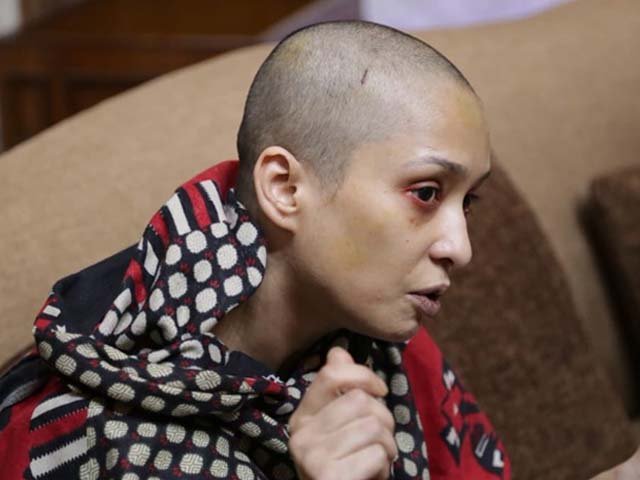
Doctors, where art thou?
Many leave the medical profession for lucrative careers, but who suffers in waiting rooms that reek of death?
Pakistan has a count of 'athara crore awaam’ (thank you, dear politicians, for continuously repeating this in the television talk shows) while the doctor/patient ratio was a mere 1:1,800 in 2010 – that means a single doctor catered to the medical woes of 1,800 people, and the situation has not seen much improvement ever since.
The constitution of Pakistan clearly describes that the state has a responsibility,
“To provide basic necessities of life, such as, food, clothing, housing, education and medical relief, for all citizens, irrespective of sex, caste, creed or race.”
But where does the problem lie?
It lies in the fact that there are many people like Dr Shahista Wahidi, and our very own Dr Firdous Ashiq Awan.
According to a list of The International Institute of Medical Education, there are 33 medical schools in Pakistan, capacitating hundreds of individuals to make a difference in a nation that is besotted by a range of health issues. And the government spends approximately Rs500, 000 to Rs700, 000 annually, on a student enrolled in government funded medical schools.
In turn, some of these individuals show their gratitude by bidding farewell to the profession. This is especially true of the fairer sex, because out of the 70%-75% female enrolment in medical schools, only 10%-15% end up practising, which portrays a waste of funds given by a government that is already plagued by a plethora of problems, including dismal levels of corruption.
While it is understandable that the working conditions provided by many hospitals are not favourable for females to work in, but many also choose to leave the profession for more lucrative career options.
Eventually, who silently suffers and sits crammed in waiting rooms that reek of death and gloom?
Athara crore awaam.
It is time to take drastic and calculated steps to take control of this predicament, before the issue spirals out of control – just like our economy.
All medical students should be made to sign a bond with the state, pledging to employ a certain number of practicing years. Failure to do so should result in them paying off subsidies that are granted by the government in the first place.
Another dissuading factor would be to revoke their degrees if the number of years guaranteed are not fulfilled.
A major deterring factor in a female doctor’s professional growth is the worry of leaving her child in safe hands when at work. This dilemma should be countered by establishing day care centres in all the hospitals, and the threshold of their quality should be such that the children’s psychological, academic and physical development is ensured in an effectual environment.
Provision of flexible working hours should be morphed into a certainty, allowing females – especially married ones – to work on timings that are workable and conducive for them to maintain a balance between their personal and professional obligations.
Courses on ethics and morality should be introduced in the MBBS programs in a quest to instil a sense of responsibility in all the potential doctors. If nothing else works, calls of their conscience would be enough to awaken the entrusted sense of duty.
Unless a “carrot and stick” approach is adopted and the Ministry of Health comes up with workable solutions to counter this detrimental practice, the ‘athara crore awaam’ will remain stuck in this perpetually vicious cycle and the government will keep wasting its scarce and desperately needed resources.
Read more by Sabeer here.
[poll id="147"]




COMMENTS (20)
Comments are moderated and generally will be posted if they are on-topic and not abusive.
For more information, please see our Comments FAQ